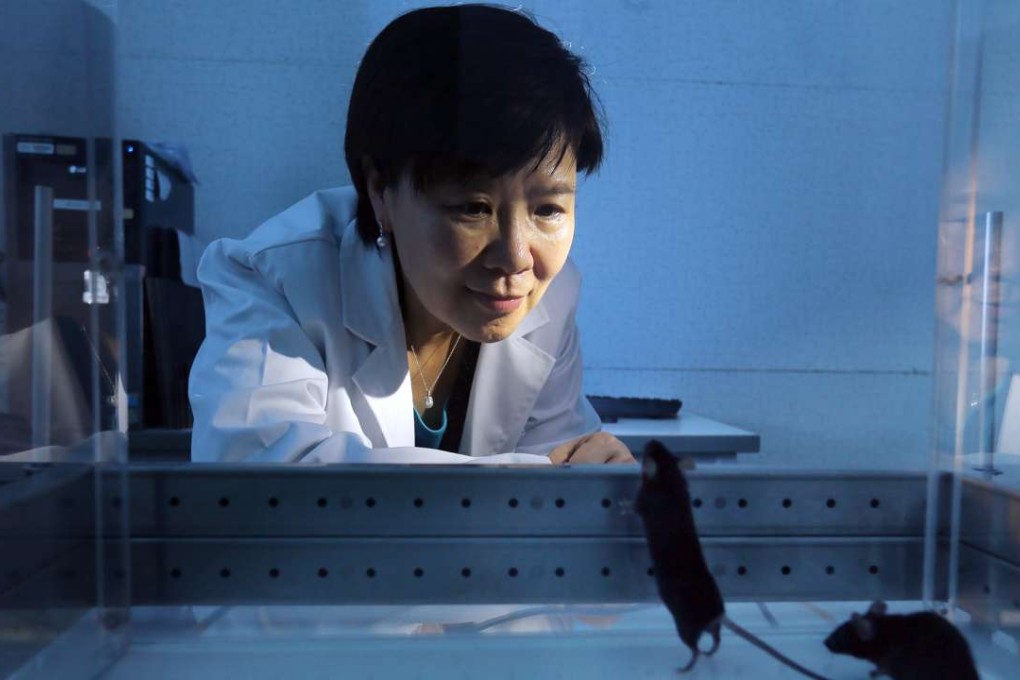Potential Alzheimer’s breakthrough by Hong Kong scientists restores memory of lab-mice
By injecting mice affected by dementia with a specific protein, the team from Hong Kong University of Science and Technology successfully restored the animals’ memories, potentially unlocking a treatment for humans in the future

Hong Kong researchers have made what could be a major breakthrough in the fight against Alzheimer’s disease, by successfully restoring the memory of the mice affected by dementia, by injecting them with a protein.
Announcing the result, professor Nancy Ip, Hong Kong University of Science and Technology University (HKUST), said it will require at least ten years to develop a human treatment from the protein, which they found can stop a harmful substance from damaging the patients’ brain.
Alzheimer’s disease, a major cause of dementia, affects around 80,000 Hongkongers and 9 million individuals in China..
“Unlike existing treatments that can only deter and contain the deterioration of the conditions, this is the first breakthrough that addresses the root of the problem of Alzheimer’s disease,” said Ip.
“The next step will be to translate the findings from the mouse study into clinical treatments for human. I would be very happy if it can happen in ten years.”